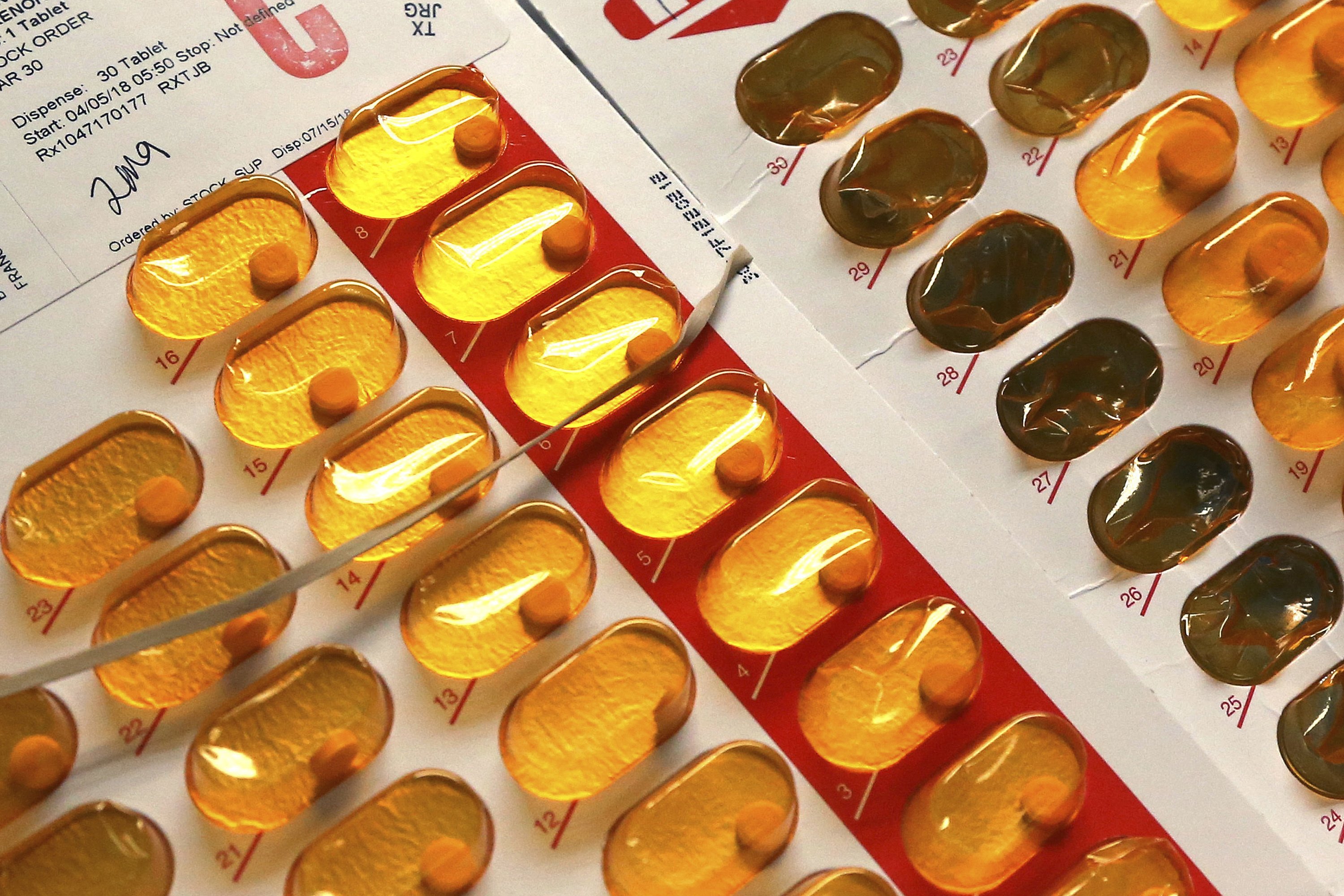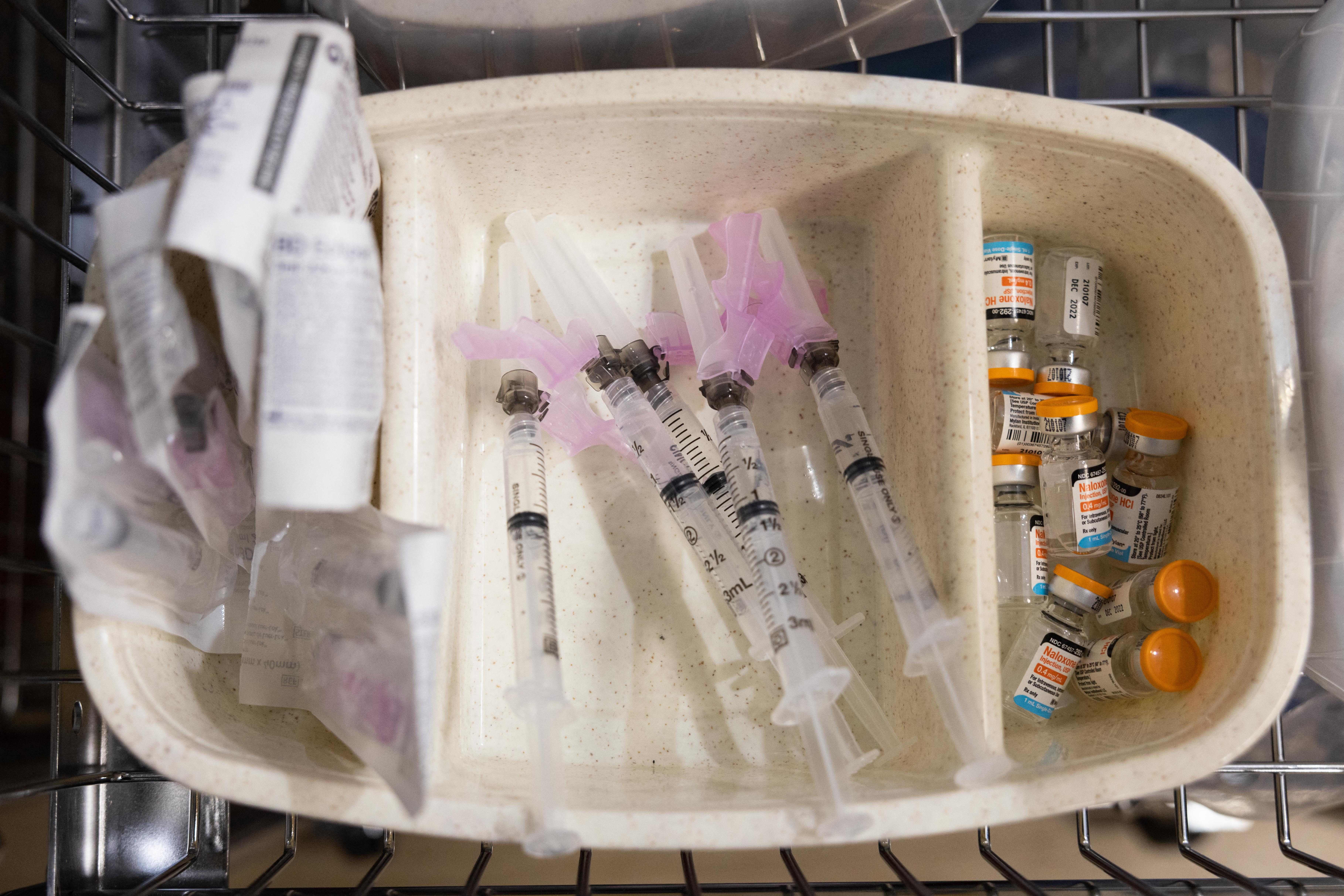
Fentanyl and heroin sold on the streets in Massachusetts continue to be cut with a sedative for animals, presenting an added danger to users, state drug monitors warned this month.
Xylazine increases the risk of overdose, skin ulcers or death for people taking opioids cut with it, according to the Massachusetts Drug Supply Stream, a collaboration between the state Department of Public Health and Brandeis University that checks drugs circulating in the community.
WATCH ANYTIME FOR FREE
Stream NBC10 Boston news for free, 24/7, wherever you are. |
MADDS found that 28% of opioid samples, including in counterfeit pain pills, tested in 2022 had xylazine in them, nearly as many as in 2021, when 31% of samples tested positive. The year before that, 17% of samples had xylazine.
This year, the organization found, when xylazine is being found in drug samples, it's an increasingly large part of it.
Get updates on what's happening in Boston to your inbox. Sign up for our News Headlines newsletter.
The sedative is not an opioid, but it can cause unresponsiveness, slowed heart rate, reduced breathing and other problems. Those can compound the effects of opioids, MADDS said, and they shared users' experiences of taking drugs cut with xylazine.
One said it left their "skin on fire, teeth felt like they were going to fall out." Another said it "made me pass out and I woke with vomit on me," MADDS said in its July bulletin.
Xylazine is more often found cutting drugs in Western Massachusetts than the Boston area, and one local prosecutor issued an advisory about it on Thursday.
Get updates on what's happening in Boston to your inbox. Sign up for our News Headlines newsletter.
"Sharing and raising awareness about what is in the local drug supply is a proven harm reduction measure to prevent tragedy," Berkshire County District Attorney Andrea Harrington said in a statement.
The National Institute on Drug Abuse notes that xylazine, known in some places as "tranq," has increasingly been found in people who died of drug overdoses, especially in the Northeast.
"We've seen an exponential increase during the pandemic," MADDS Principal Investigator Traci Green told WBUR Friday. "Now the sad thing is we’re really seeing it all over the state. It’s definitely hazardous."



